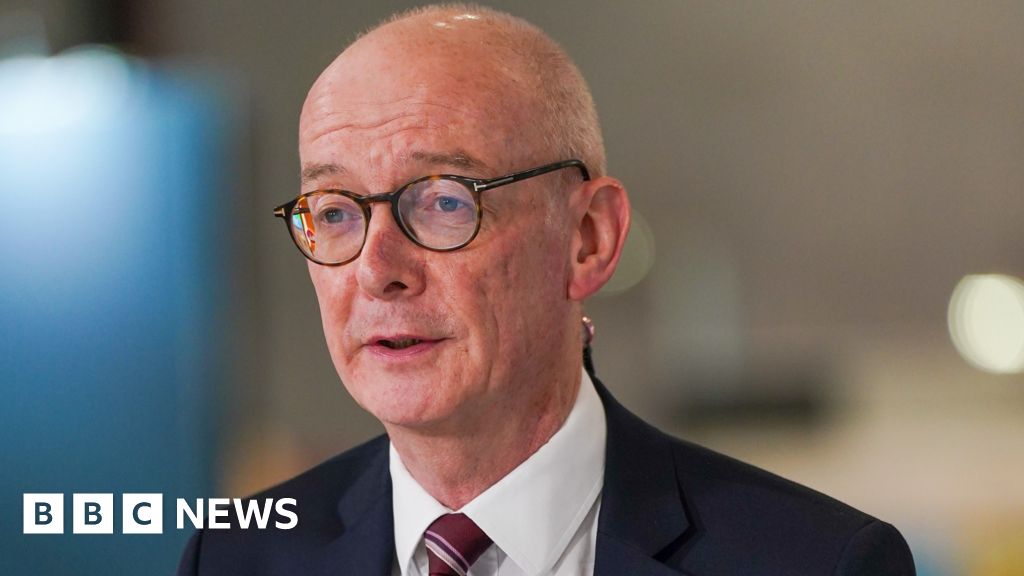In a speech to the Nato Cyber Defence Conference at Lancaster House in London, the cabinet minister will warn “cyber war can be destabilising and debilitating” and describe the Kremlin as “exceptionally aggressive and reckless” in this area.
McFadden will focus on the threat of Russia’s capacity to shut down power grids and “turn the lights off for millions of people”, as well as its willingness to target British businesses “in pursuit of its malign goals”.
“Given the scale of that hostility, my message to members today is clear: no-one should underestimate the Russian cyber threat to Nato. The threat is real,” he will tell the gathered Nato allies.
He will claim that hacking groups aligned with the Russian state have been responsible for at least nine separate cyber attacks against NATO states, including unprovoked assaults against critical national infrastructure.
McFadden’s comments are the latest in a series of warnings about the increasing threats of Russian cyber warfare.
In September, a joint defence briefing by Western intelligence agencies accused Unit 29155 of carrying out attacks designed to disrupt efforts to aid Ukraine in resisting Russia’s full-scale invasion.
The group are believed to be behind the poisonings of a former Russian double agent and his daughter in Salisbury in 2018.
In the UK in recent weeks, a series of recent cyber-attacks have been carried out on several councils – some of which have been claimed by a pro-Russian hacking group.
Among those councils reportedly targeted are in areas including Middleborough, Salford, Portsmouth and Tees.
In his speech later, McFadden will tell the conference that many of these attacks are carried out by gangs of “unofficial hacktivists” affiliated with the Kremlin, but are allowed to “act with impunity so long as they’re not working against Putin’s interests”.


